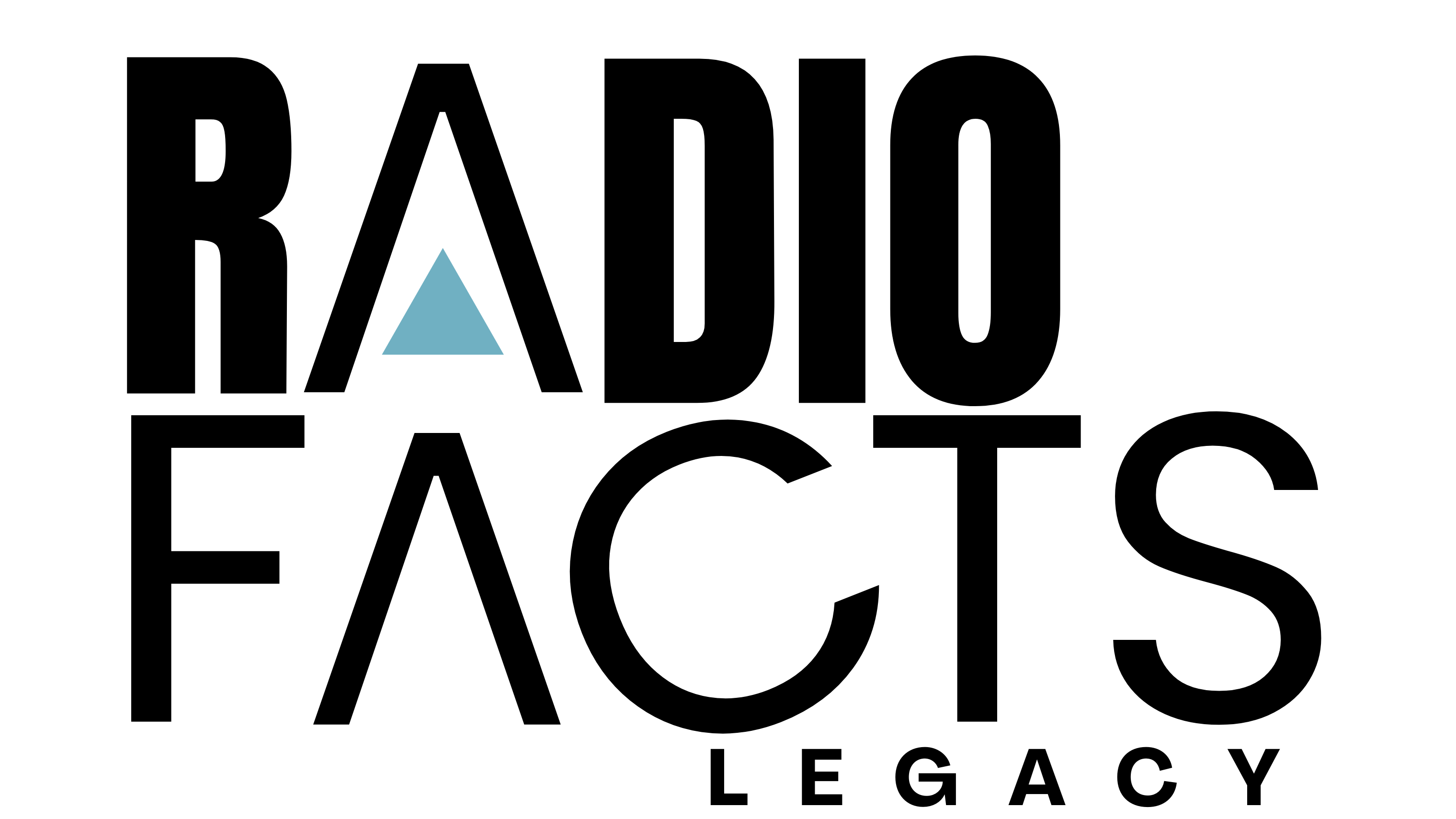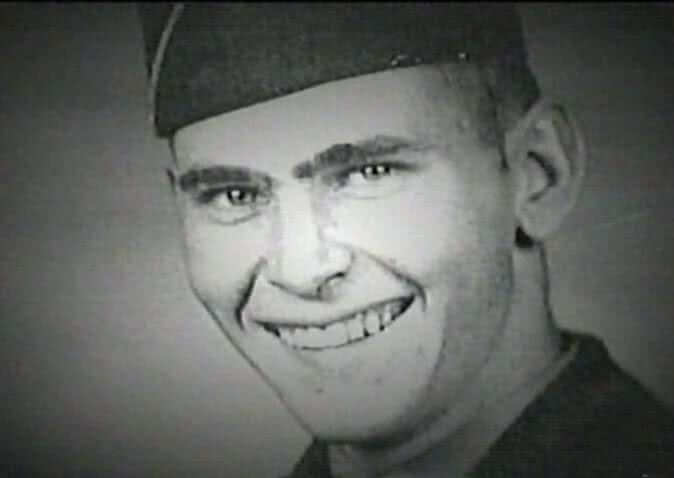Radio Facts: Electric Guitar Used in Great R&B Classics

Isley Brothers
The Isley Brothers are a legendary family group with a career spanning over six decades. They burst onto the scene in the late 1950s, first gaining recognition with their doo-wop hits. However, it was their transition into funk and R&B during the 1970s that truly showcased their artistic versatility. At the helm was Ernie Isley, whose signature guitar work became a defining feature of their sound.
One of their standout tracks, “Voyage to Atlantis,” brilliantly showcases Ernie’s ability to deliver smooth yet passionate guitar performances, intertwining seamlessly with Ronald’s soothing vocals. The song captures the essence of love and longing, creating a lush dreamscape for listeners. The Isley Brothers’ music reflects deep emotional truths that resonate with fans on a personal level.
Prince
Born Prince Rogers Nelson, Prince was a musical genius who redefined the industry with his innovative approach and electrifying performances. Known for blending various genres—R&B, funk, rock, and pop—his sound was always unique, making each song a new experience. His magnetic stage presence and unparalleled talent positioned him as a true global icon.
In his iconic song, “When Doves Cry,” Prince’s guitar work is both electric and deeply emotional, illustrating the tumultuous nature of love. The absence of a traditional bass line demonstrates how he used the electric guitar to fill the sonic space, allowing the raw emotion of the lyrics to shine through. The song explores the duality of passion and pain, a theme that resonates deeply with anyone who has navigated complex relationships.
More than just a musician, Prince was a visionary who challenged societal norms and encouraged individuality. His influence continues to inspire countless artists and fans around the world.
Ohio Players
The Ohio Players emerged in the late 1960s as a prominent force in funk and R&B music. Known for their sensual sounds and striking album covers, they blended catchy melodies with playful lyrics and infectious rhythms. Lead guitarist and vocalist Sugarfoot (Walter Williams) infused their tracks with electrifying guitar riffs that became hallmarks of their style.
Their classic song, “Love Rollercoaster,” showcases Sugarfoot’s funky guitar groove that perfectly mirrors the exhilarating ups and downs of love. This track not only captured the carefree spirit of the 1970s but also remains a dance floor favorite, embodying the joy and spontaneity of love and life.
Chic
Chic is revered as one of the most influential bands in the disco and R&B genres, celebrated for their polished sound and tight grooves. The creative duo of Nile Rodgers (guitarist) and Bernard Edwards (bassist) crafted songs that have become timeless anthems of joy and togetherness.
Their hit, “Good Times,” features one of the most recognizable guitar riffs in music history. Nile Rodgers’ innovative playing style merges funk and disco, setting new standards for rhythm guitar. The song is a celebration of good vibes, urging listeners to dance and embrace life fully. Chic’s influence extends far beyond their own hits, as their music has been sampled and referenced by numerous artists, showcasing their enduring artistry.
The Legacy of Electric Guitar in R&B
These iconic artists not only shaped the sound of R&B but also created a cultural legacy that continues to inspire musicians today. Their songs, enriched by the brilliance of electric guitars, tell powerful stories of love, heartbreak, and joy, connecting with listeners on a profoundly human level. Each artist’s unique style and perspective weave into the rich tapestry of R&B music, making it a genre that resonates deeply with audiences all over the world.















Anything Tony Maiden (Rufus & Chaka Khan) played on (i.e. ‘Sweet Thang’, ‘Everlasting Love’). He always played these creative riffs in the rhythm parts and any Single Nile Rodgers wrote or played on in the 70’s & 80’s…
C’mon! 85% of the Isley Brothers’ jams.
i know i’m late cuz i was on vaca. but what about “Don’t Stop Till You Get Enough”?
@Brad. Is “Don’t Stop” an electric song? There are so many horns and strings on that song.